
It's a cruel irony that 2023 was one of the best years for video games, but it was simultaneously one of the most difficult years for the people who make them. Massive layoffs resulted in over 6,000 video game workers losing their jobs, a sobering reminder of the breadth and scale of this multibillion-dollar industry, and of the great effort that goes into creating something apparently seamless.
Hundreds of animators, coders, writers, and testers brought these projects to life in conjunctive pursuit of an artistic vision. This is modern art in a medium that continues to evolve and mature with every passing decade. And we have the creators to thank for our hours of enjoyment.
Here are our top 10 video games of the year, ranked. Do you think there's a deserving game that we missed? Do you agree with our pick for #1?
10. Assassin's Creed Mirage

Developer: Ubisoft Bordeaux
Genre: Action-Adventure, Stealth
Platforms: PS4, PS5, Xbox One, Xbox Series X/S, PC, Mac
Over the past several years, the Assassin's Creed franchise has arguably become weighed down by its own scope, sidequests, collectibles, and gameplay infrastructure, which only gets more and more complex and layered with each subsequent title. If you're a first-time player, new to the AC franchise and trying to make sense of all this, it's a frustrating experience. And that's one of the main reasons why Assassin's Creed Mirage is so fun to play.
Set in ninth-century Baghdad at the height of Islamic prosperity, Mirage goes back to basics—it's a more compact map with fewer things to do, but with more meaning behind every action. You play as Basim, a skilled thief who is blamed for the death of the Caliph, and flees to live and train with The Hidden Ones (what will eventually be called the Assassin Brotherhood). What follows is a game that leans heavily into stealth mechanics and smaller setpieces. It is straightforward and replayable, with multiple options for completing a task. If you need your stealth fix while we wait for Ubisoft's long-gestating Splinter Cell game, you can't do much better than Mirage. It's an Assassin's Creed game where the game's primary objective is to assassinate. Imagine that.
9. Cocoon
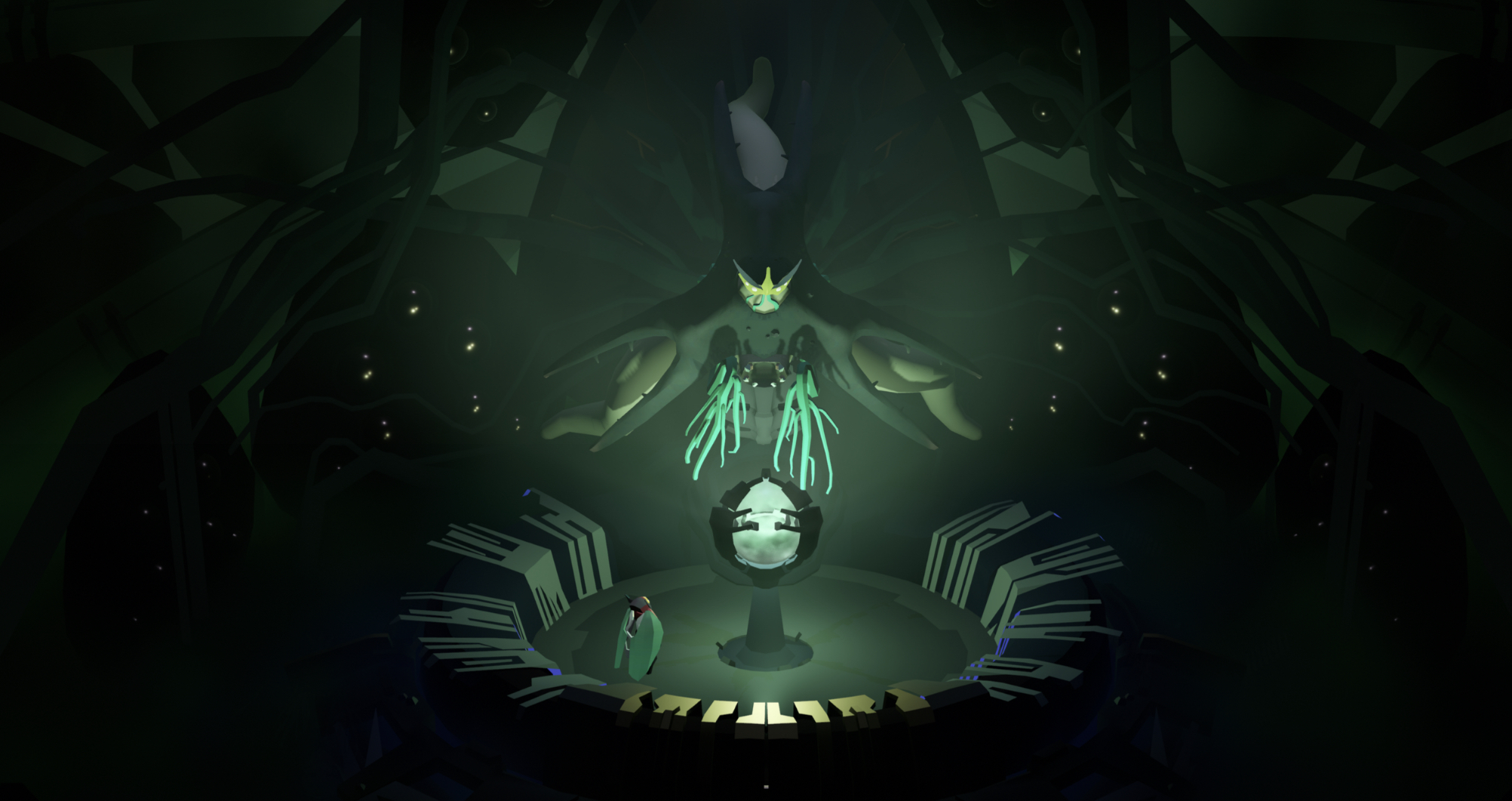
Developer: Geometric Interactive
Genre: Puzzle
Platforms: PS4, PS5, Xbox One, Xbox Series X/S, Switch, PC, Mac
A small, pretty game—it's an intricately assembled pocket watch alongside massive, mechanical behemoths—Cocoon unfolds without words. You don't even get prompts onscreen to teach you the basic mechanics. Instead, you interpret the game's visual language, solve one puzzle, and then use the internal logic of the first puzzle to solve the second puzzle, and so on and so forth. The process of learning the rules of this world is a slow but rewarding trial by error.
Cocoon's main gimmick is a system of spherical orbs, each of which you can enter, that contain a miniature world inside of it. Eventually, you'll get to the point where you're carrying an orb, whilst in an orb, which is in another orb. And the abstractness just increases from there.
8. Sea of Stars

Developer: Sabotage Studio
Genre: Turn-Based RPG
Platforms: PS4, PS5, Xbox One, Xbox Series X/S, Switch, PC
The first thing you'll notice about Sea of Stars is how retro everything looks. A love letter to the ‘90s golden age of Japanese RPGs like Chrono Trigger, Shining Force, Illusion of Gaia, and Super Mario RPG, Sea of Stars is a game that wears its influences on its sleeve.
Our two heroes are Valere and Zale, who represent the moon and the sun, and use their magical Solstice Warrior powers to take on all varieties of monsters. It is primarily a turn-based RPG with some real-time elements—press the button at the right time, and it will enhance either your attack or your defense during an enemy engagement. The combat is fun, but what really sells the game is its characters. Everyone, but especially Garl, Valere and Zale's best friend from childhood, is so earnest and willing to see the best in people. And the positivity becomes infectious. I was happy to play Sea of Stars and sad to see it end.
7. Marvel's Spider-Man 2
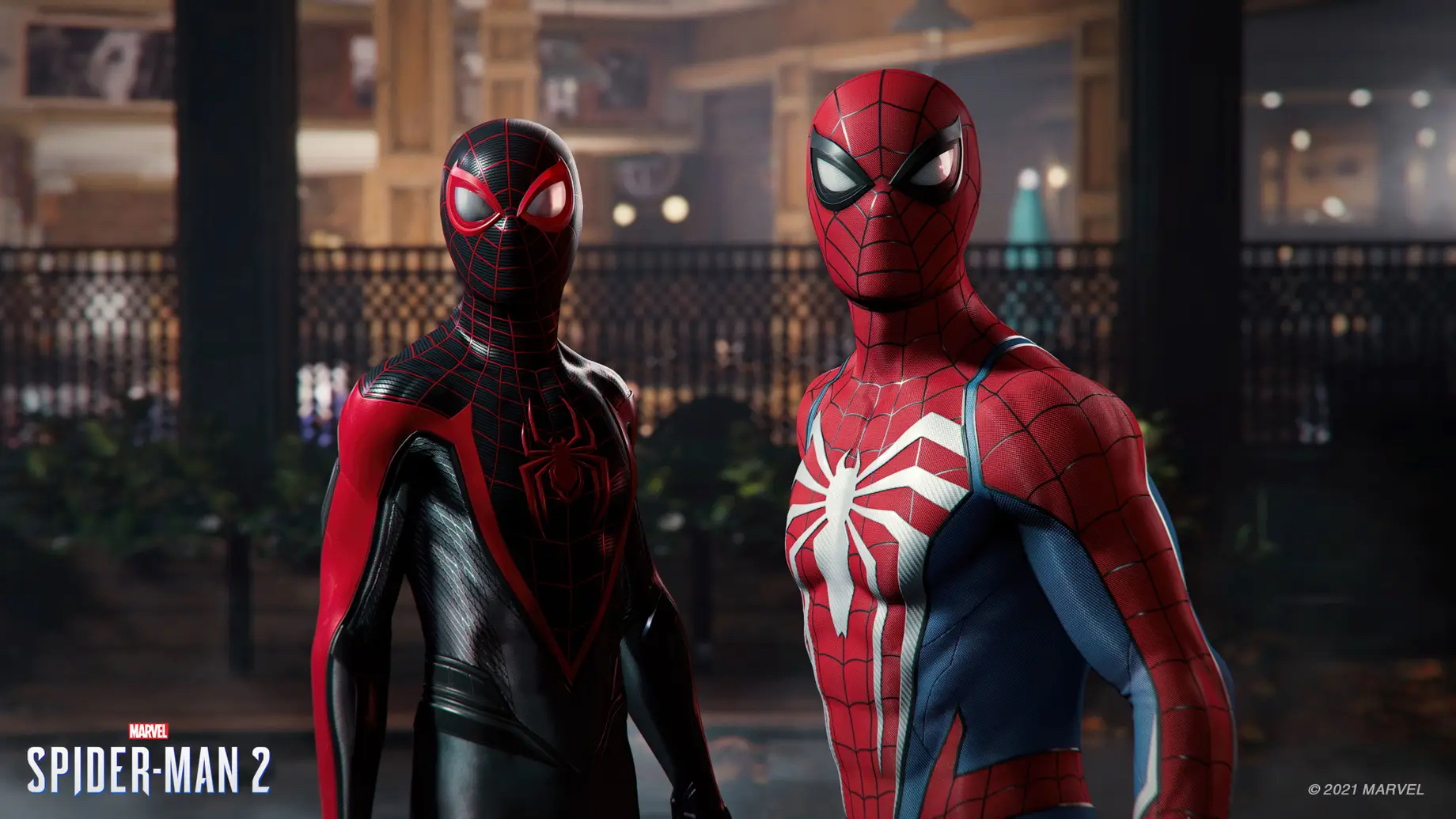
Developer: Insomniac Games
Genre: Action-Adventure
Platforms: PS5
Insomniac's first Spider-Man game was a minor miracle. Thanks to its web-swinging traversal system, a player could feel the incredible, escapist rush of swinging through Manhattan, swan-diving off the Empire State Building, and running up the side of the Chrysler Building.
The sequel, Marvel's Spider-Man 2, is more of everything that made the first game so memorable. It increases the number of NYC boroughs from one to three; now you can also web swing through Queens and Brooklyn. You get to play as two different Spider-Men: Peter Parker and Miles Morales. Each character has his respective vibe and skill set, which makes switching between them more consequential than a mere palette swap. Oh, and minor spoiler alert: You get to play with Venom symbiote powers. If that doesn't make this a must-play, nothing will.
6. Street Fighter 6
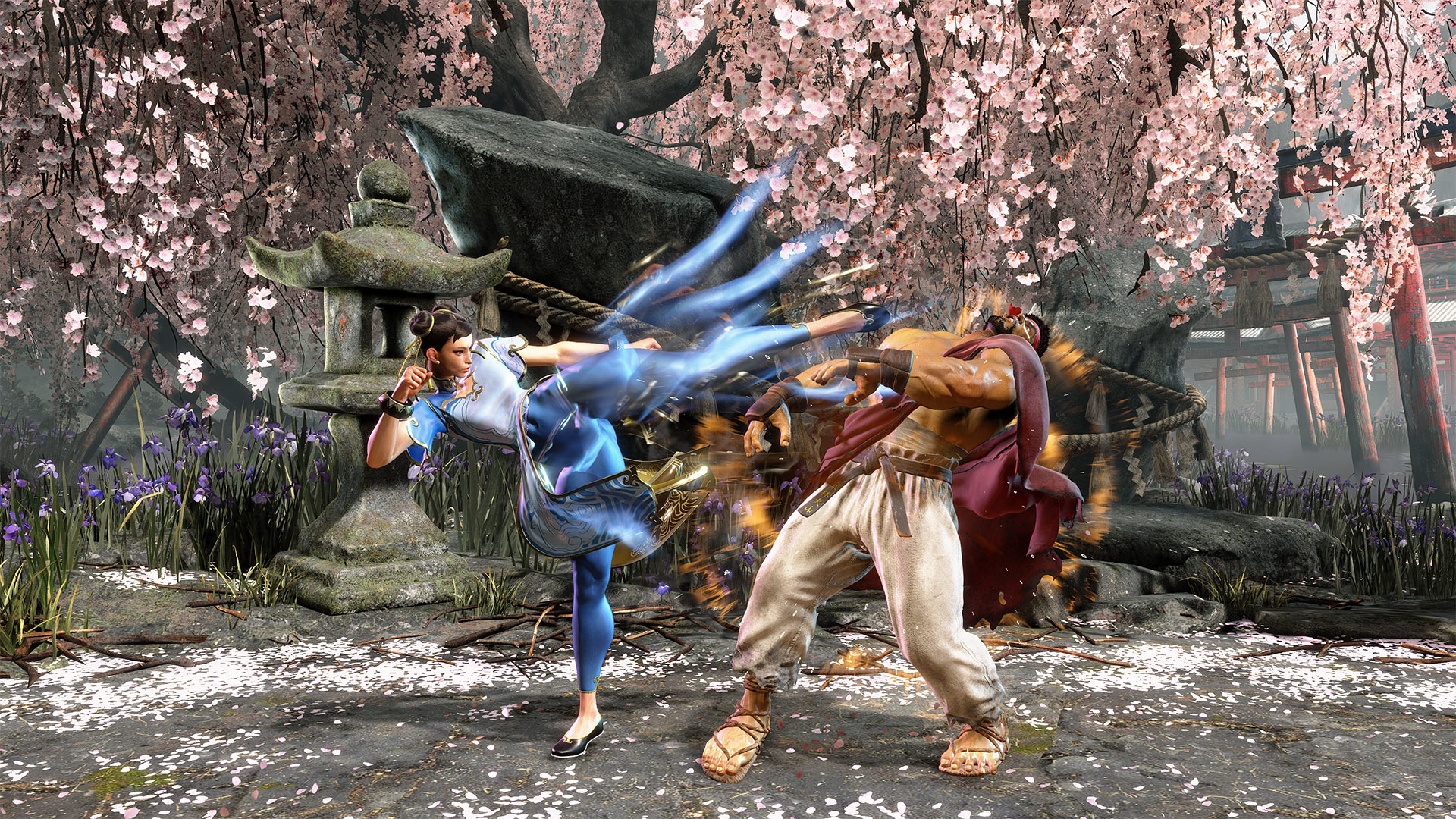
Developer: Capcom
Genre: Fighting
Platforms: PS4, PS5, Xbox Series X/S, PC, Arcade
The gold standard of the fighting game genre, Street Fighter 6 is beautiful to look at. The glow of the fire, the sway of the trees, and the glint of metal—there's never anything drab or neutral in Street Fighter 6. Everything is bursting with color, even the characters' focus attacks that result in a brilliant, multicolored splash of paint. The controls are well tuned. Everything feels responsive and precise, and when you lose a fight, you know it was your fault and not the game's.
The online multiplayer mode is thriving, thanks to a dedicated community that is deconstructing the game on a more fundamental level. What is the reach of that kick? What is the frame rate of that punch? If I block it, do I have enough frames to punch you back? There's levels to this. You can play this game just to have fun and kick ass, or you can put in the work to get truly good.
5. Super Mario Bros. Wonder
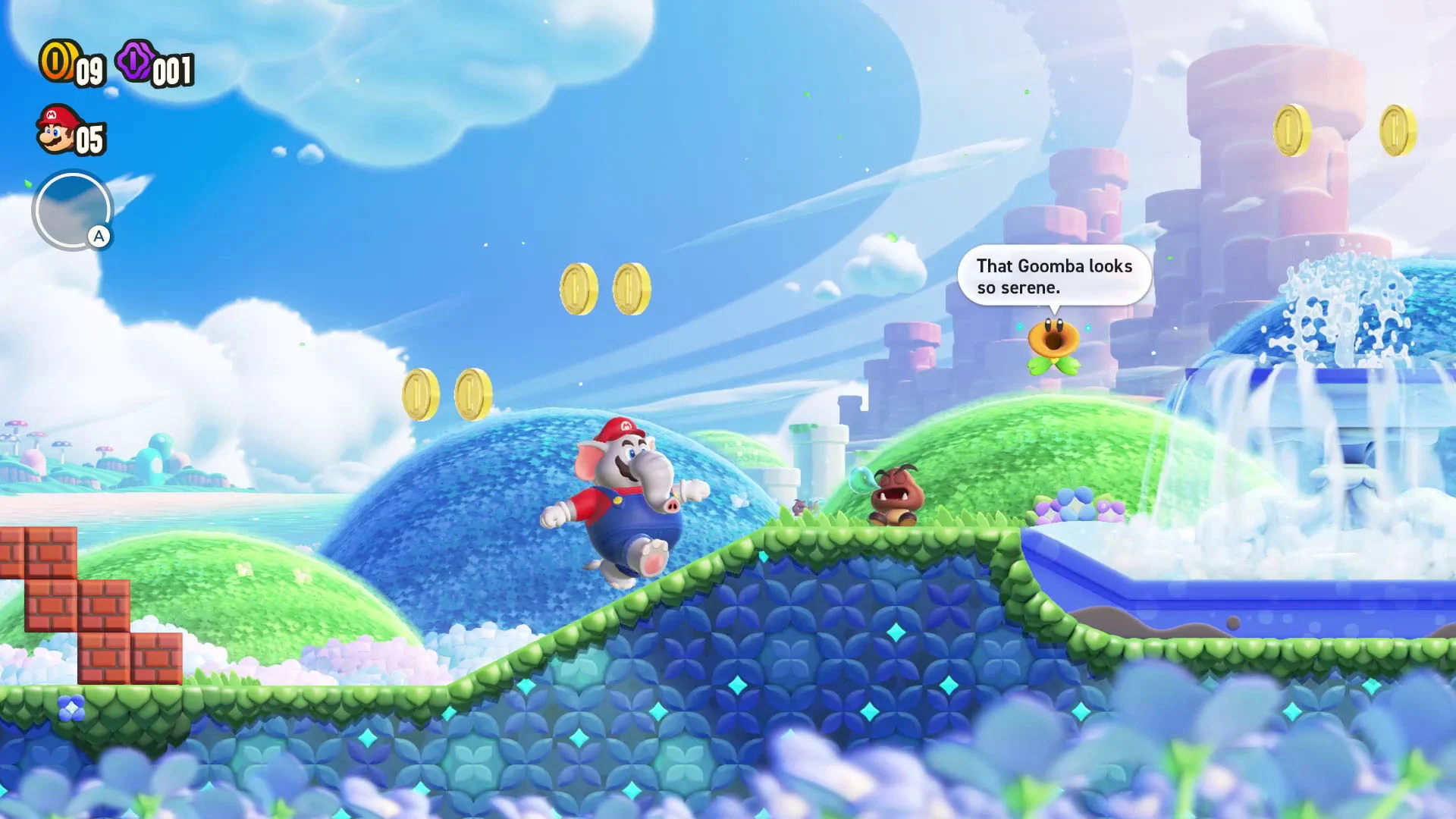
Developer: Nintendo
Genre: Platformer
Platforms: Switch
Since 2006, Nintendo's 2D Mario platformers have all had the "New Super Mario Bros." tag in their title to signify that these games fell under the same design philosophy and approach. But by the re-release of New Super Mario Bros. U Deluxe in 2019, what was once a novel approach to classic Mario was getting really, really old. It was still a good game—don't get us wrong. But there was a distinct sense that Nintendo had tapped out all the "New" platforming variations they possibly could.
The release of Super Mario Bros. Wonder—the first completely original Mario platformer in 11 years—is a rebirth for our favorite mustachioed plumber, starting with his design. He is chubbier, brighter, and cuter. Super Mario Bros. Wonder takes this more portly Mario and his friends to the Flower Kingdom, which Bowser (some things never change) is attempting to conquer.
The main gimmick of Wonder is the Wonder Flowers, which turn each level into a trippy alternate reality, where pipes come to life, Piranha Plants sing, gravity comes unglued, and more. There's a Wonder Flower on every level, and the gimmick never gets old, because the developers never repeat themselves. It's an unreal amount of creativity packed into a single title, and it will keep you occupied and entranced for as long as you play it.
4. The Legend of Zelda: Tears of the Kingdom
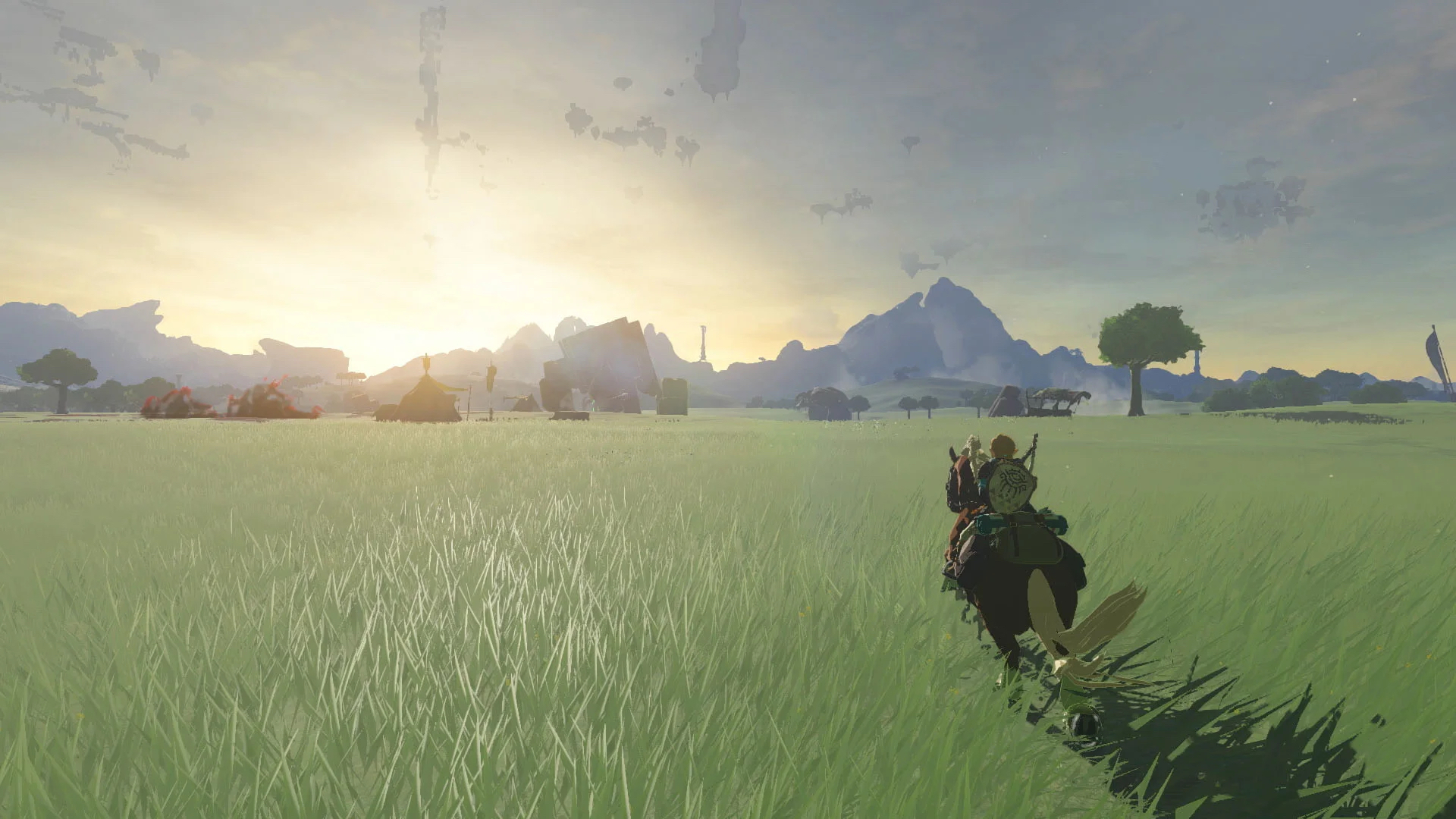
Developer: Nintendo
Genre: Action-Adventure
Platforms: Switch
This is an amazing game. From the shadowy Depths to the sky-high heights (literally—the first part of the game takes place on these sky islands above the clouds), The Legend of Zelda: Tears of the Kingdom is an elaboration upon its predecessor, Breath of the Wild, and if you set the issue of originality aside, it is arguably an even better game than the first.
Exploration is a major focus—above story, above fighting, and above visuals—even though those factors are also exemplary. Nintendo has a tendency to handhold and overexplain itself; if it ever seems like the player is struggling to know what's next, an arrow will pop up on the screen, showing the direction to walk, or how to defeat the boss, or how to find the hidden doorway. But Tears of the Kingdom lets you struggle a bit, and you're free to stare at the problem as long as you need to figure it out. And when you do? Boy, does it feel good.
I'll give you an early example. You have to cross a lake. But there's no way to swim or wade through. At some point earlier, you learned to chop wood as a resource. You also learned, in a separate area, that you could use magic to connect objects together and form new ones. So what if you chopped down three of four trees, and then magically put them together to form a raft? Would that work?
Tears of the Kingdom is filled with tons of moments like this—of combining your skills in varied ways to advance the plot. There are temples, and dungeons, and shrines, and towns to visit and trade with. There's so much to do, and all the time in the world to do it.
3. Resident Evil 4: Remake
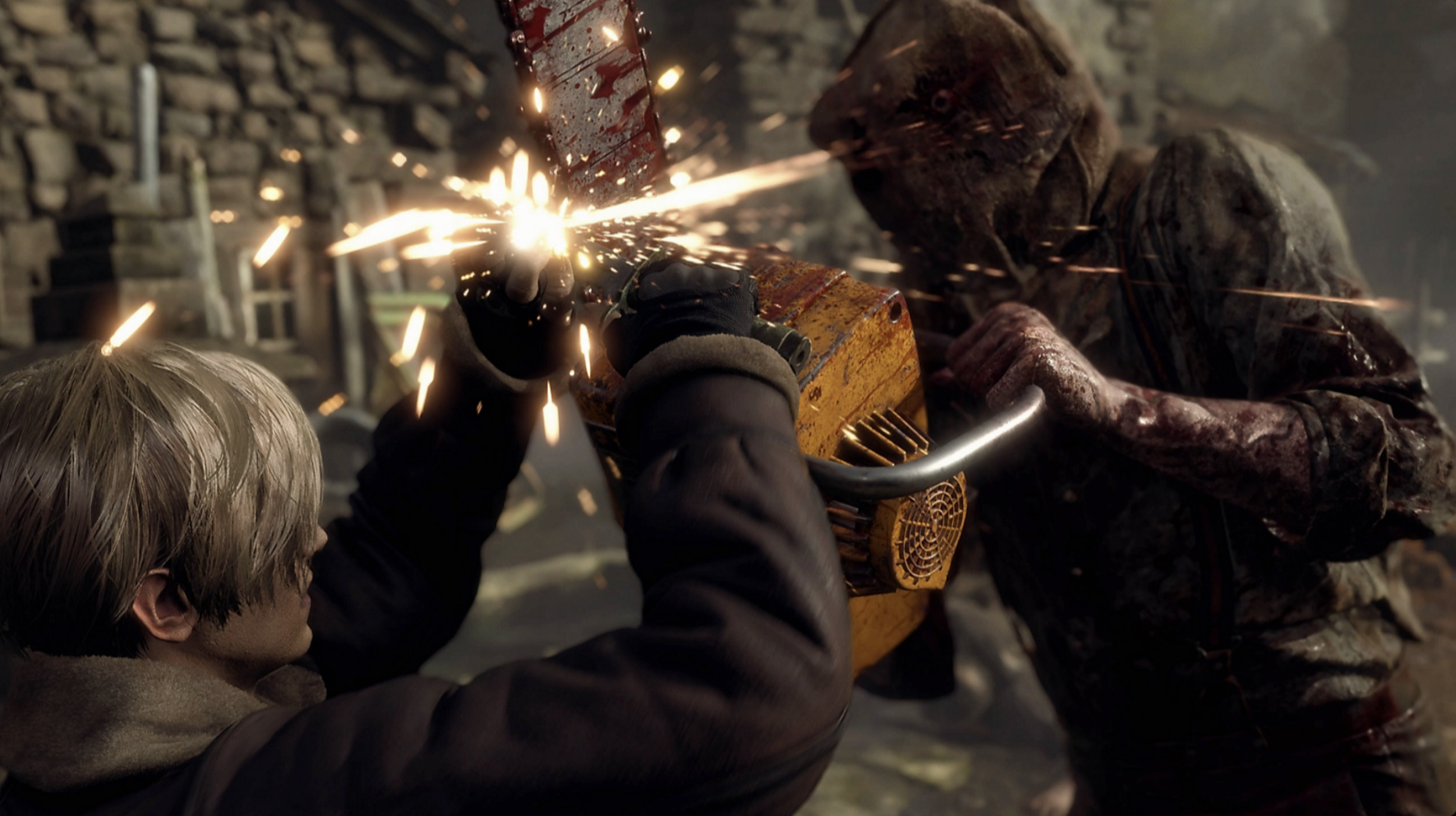
Developer: Capcom
Genre: Survival Horror
Platforms: PS4, PS5, Xbox Series X/S, PC, Mac
For several years, Capcom has been going back through its Resident Evil catalog and remaking its classics from the ground up. They did it with Resident Evil 2. They did it with Resident Evil 3. And this year, they gave the full-on remake treatment to Resident Evil 4. The original, released on the GameCube in 2004, is widely considered one of the greatest games ever made. It revolutionized the third-person shooter genre, and it started an in-franchise shift from survival horror to action horror. Naturally, the remake had big shoes to fill. And the developers managed something brilliant.
They didn't slavishly replicate the original game beat for beat. Instead they replicated how the original made the player feel. That opening fight, where you enter the Village for the first time, goes a bit differently (as it should—close to two decades of technological progress made this inevitable). But it retains that same sense of pervasive, urgent dread—that diseased feeling that everything is rotting from the inside, and that you have to keep running, running, running so the chain-saw guy doesn't decapitate you.
I played this game, all the way through, and then I immediately booted it back up and played it again. That's the best endorsement I can give it.
2. Alan Wake 2
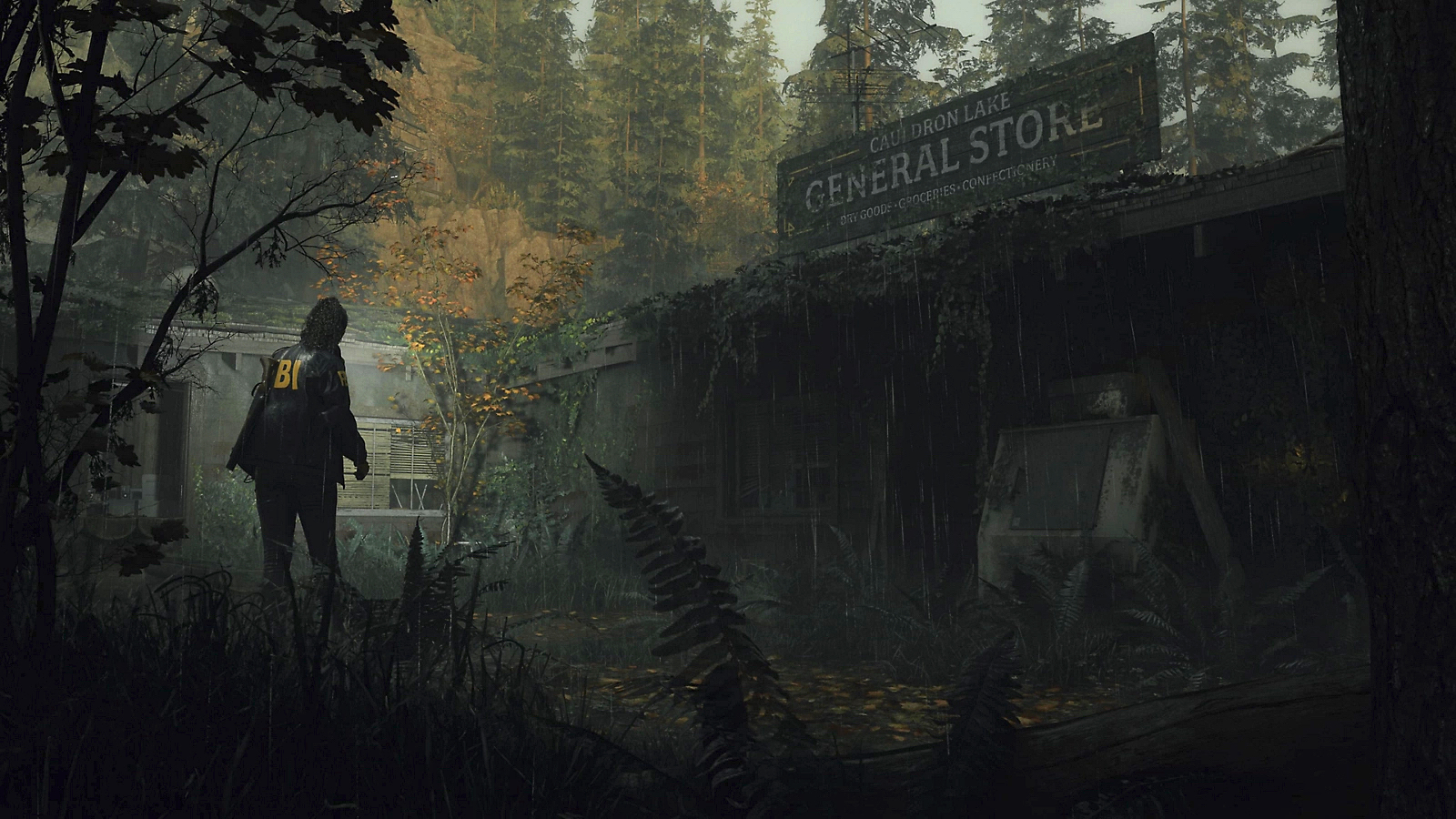
Developer: Remedy Entertainment
Genre: Survival Horror
Platforms: PS5, Xbox Series X/S, PC
We're going from Resident Evil 4—a game I wanted to play again immediately, to Alan Wake 2, a game that I needed a minute to recover from the first time. This game, you guys. This goddamn, godforsaken "game."
The first question you might have: Do I have to play the first Alan Wake game to play this one? And the answer is no. You can watch a Let's Play online or just skip it entirely. The new game gives you enough exposition that you'll be able to follow what's going on regardless. You don't even start by playing as the titular character. Instead you play as new character Saga Anderson, a federal agent who's investigating a series of ritualistic murders in Washington State. The first couple of hours build the suspense. You're in the morgue, or at the crime scene, or talking to witnesses, taking uncomfortable, magnified looks at a rotting corpse that's missing its heart. Is this the work of a psychopath? An obsessive cult? Saga has a "mind palace" that she can retreat to, where she starts connecting the dots.
Then, the goddamn corpse sits up from the goddamn table, and all hell breaks loose. All you have to start with, in the way of weapons, are a flashlight and a handgun. The gimmick of Alan Wake is that these creatures—whatever they are—are damaged by light. And so you use your flashlight to make the enemies vulnerable, and you can even hide in the light, where the monsters cannot see you. Along the way, we get a really cool meta-narrative about the power of storytelling, the nature of reality, and the impact of a good horror story. Alan Wake 2 offers itself up as a frightening proof of concept.
1. Baldur's Gate 3

Developer: Larian Studios
Genre: Turn-Based RPG
Platforms: PS5, Xbox Series X/S, PC, Mac
Baldur's Gate 3 is a turned-based RPG by way of Dungeons and Dragons, which will intimidate a lot of people who are not familiar with either. But give this big, sprawling world a chance, and after a few days of confusion, you'll be addicted.
There's something inaccessible about Baldur's Gate 3, which is a major part of what makes it so effective. You're traversing a massive fantasy world in search of a cure for the mind tadpoles that have infested your mind, along with a Githyanki warrior, a half-Elven cleric, and a human Wizard. You must cross mountains, explore massive crumbling castles built during a golden age long past, and brave the Underdark, a massive underground labyrinth of frightful inhabitants and frightened slaves. You must travel through a haunted forest, where torchlight will keep the monsters at bay. And you cannot get over how small you feel in the big scheme of things. This is a world that existed long before you, and it will persist long after you're gone.
Your travel companions are fascinating, revealing their backstories and dribs and drabs. You can start relationships with them and even consummate those relationships if you'd like to go down that path. And that sort of interpersonal negotiation is at the crux of what makes Baldur's Gate 3 so good. Do you want to talk your way out of a battle with an aggressive opponent? Or do you want to slay him, and take his head as a trophy to impress another character? Do you want to help the oppressed, or are you too occupied with your own mission to give a damn? You can make a seemingly endless number of decisions, which will all pay off dividends down the line. And the best part is that you can keep playing. Even your craziest decision will let you keep playing and take the narrative to its logical conclusion.
Baldur's Gate 3 is our Game of the Year for its dedication to creating a massive, reactive world, which feels impersonal on one hand, but responsive to your every whim on the other. But many of these games, in a weaker year, could have easily snagged the #1 spot.

